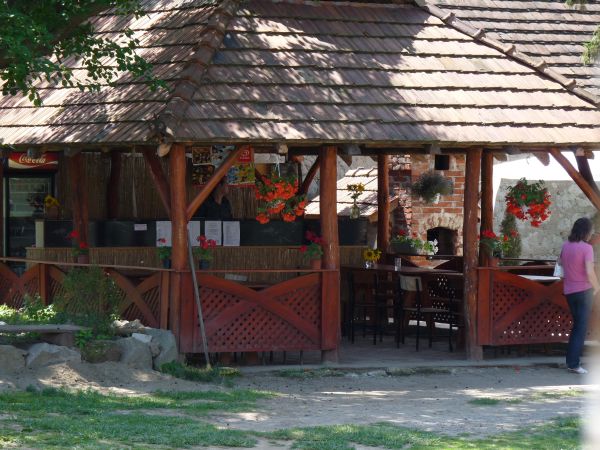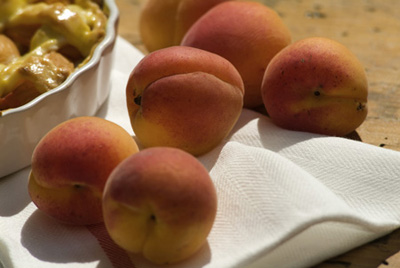Datenbank der Projekte zur ländlichen Entwicklung
Short-supply chain creates benefits for local food producers in Hungary
Summary
Economic diversification / business expansion project using Leader support to purchase a fruit processing facility for an agri-tourism enterprise. Direct sales techniques are applied by the project which also increases demand for other fruit growers.
Background
Short-supply chains are an effective tool for reinforcing rural economies. Selling products that are grown locally direct to customers helps to retain maximum amounts of income for producer/retailers. This fact was acknowledged by a family farm business in Hungary which grew and sold local fruit through its rural tourism business. The family own a building where the first bible was printed in Hungary and this cultural heritage asset attracts large numbers of visitors to the village.
Objective
The project aims to take advantage of the regular tourist market by making and selling added value fruit products. This diversification into a new product range would strengthen the overall viability of the family business and expand its operations. It would help generate more income for the local economy and create increased demand for fruit produced by other local growers (thus leading to a wider range of employment and income opportunities).
Main activities
The RDP funds were used to help offset the costs involved in purchasing new fruit processing equipment. The modern equipment complies fully with EU food quality standards. It can process a diverse range of fruits including apricot, blackberry and blackthorn. These form the raw ingredients for niche and artisan fruit products such as marmalades, syrups and even fruit cheeses, some of which can be further branded as produced using organic methods.
Results & Benefits
The new fruit processing plant adds value to local products and represents a new 'engine' in a local short-supply chain of quality fruits. Outcomes help to improve the economic sustainability of both the beneficiary's family business as well as other local fruit growers. Success of the project has provided the business with confidence to start planning further diversification/expansion projects (e.g. dried fruits and oil products from pressed fruit seeds).
Lessons learnt
Reducing the number of firms involved in a supply chain between the producer of a raw material and the final customer can increase the share of the final price received by all those involved. Fewer links mean less transport and storage costs which allows savings for customers and makes it easier to know where the raw materials come from. Stronger links are formed between consumers and farmers and fresh healthy food becomes more affordable.
Project location and other information
Vizsoly Postcode: 3888, Hungary
Region
Borsod-Abauj-Zemplen
RDP Territory
Hungary
Total project cost (€)
70 800
EAFRD contribution (€)
43 100
National contribution (€)
13 600
Private contribution (€)
14 100
Project website
Contact name
Mr Ferenc Daruka
Telephone
+36 46 306 274
Languages for contact
English, Hungarian
At a glance
Country
Hungary
Final beneficiary type
Individual farmers
Budget range
€20 000 - €99 999
Start date:
13/05/2011
End Date:
13/05/2013
Theme / Measure:
• Implementing the LEADER Approach
• Implementing local development strategies
• 411. Competitiveness
Keywords:
Added-value, Fruit, Retail, Local food, Farm diversification
Last update
31/10/2013





